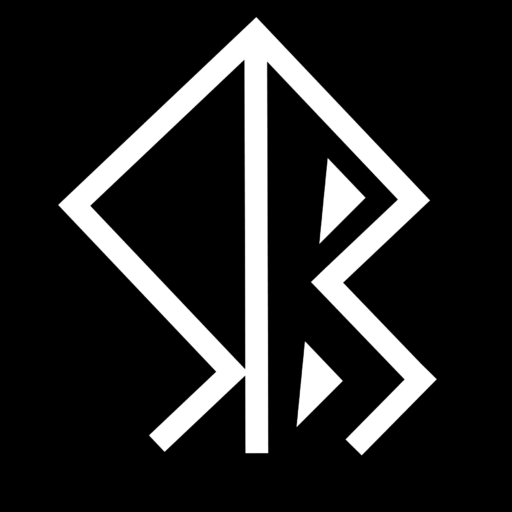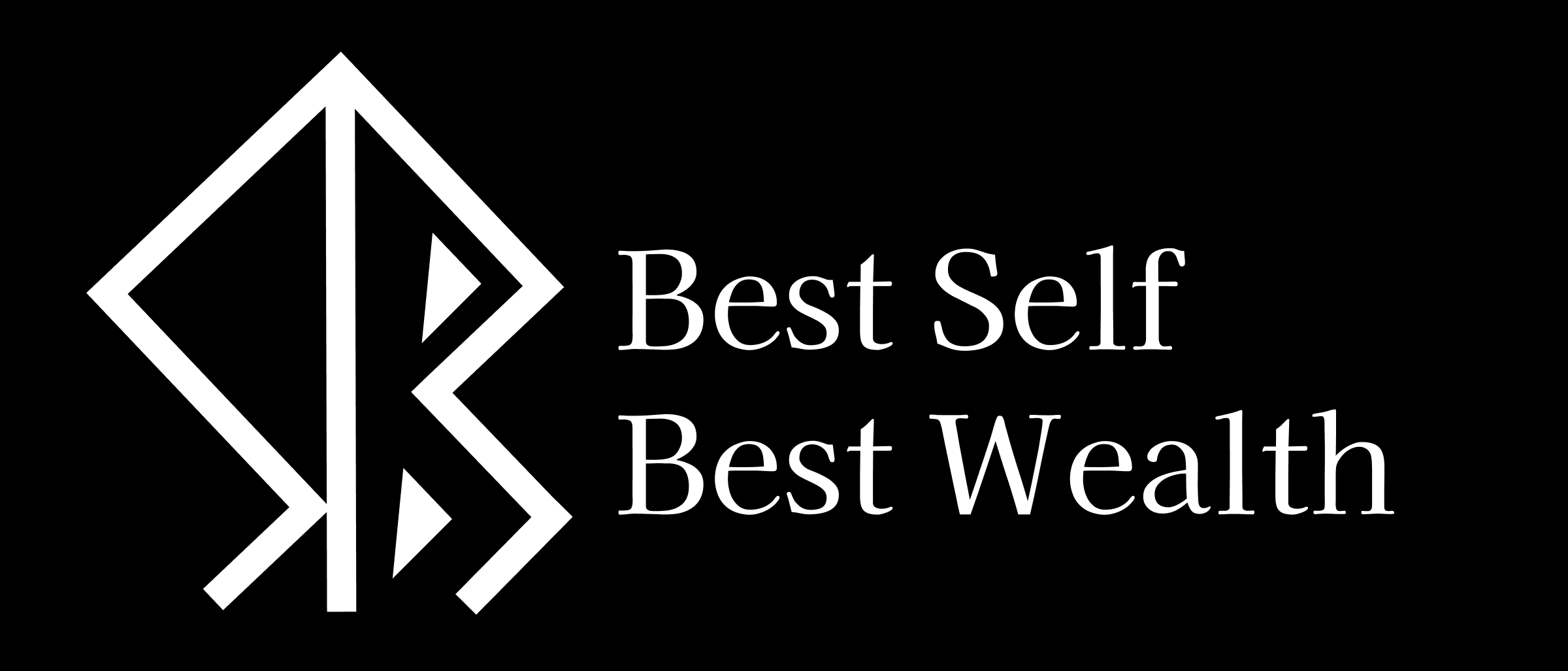Journaling is a powerful tool for exploring your inner world, understanding your emotions, and unlocking your true potential. In this comprehensive guide, we’ll explore what self-discovery means, how journaling can transform your life, and provide you with 50 thought-provoking journal prompts for self discovery. Whether you’re new to journaling or a seasoned writer, these prompts are designed to help you dive deep into your thoughts, feelings, and experiences to reveal insights about who you are and where you’re headed.

What Is Self-Discovery?
Self-discovery is the ongoing process of exploring your own inner world, including your thoughts, beliefs, emotions, and experiences. It is about understanding your true self beyond external influences and societal expectations. In today’s fast-paced world, taking the time to reflect and engage in self-inquiry can lead to personal growth, improved mental clarity, and a stronger sense of identity.
Self-discovery involves questioning the status quo, exploring your passions, and uncovering hidden parts of your personality. It allows you to understand your motivations, set meaningful goals, and align your actions with your true values. Through this journey, you may discover talents, strengths, and areas for improvement, which together build the foundation for a more authentic and fulfilling life.
The Transformative Power of Journaling
Journaling is more than just writing—it’s a method of self-reflection that transforms abstract thoughts into concrete insights. When you put pen to paper (or fingers to keyboard), you create a space for honest introspection. This process not only helps in untangling complex emotions but also serves as a record of personal growth over time.
Regular journaling can:
- Enhance Emotional Intelligence: By reflecting on your feelings and reactions, you develop a better understanding of your emotional landscape.
- Boost Creativity: Journaling opens up avenues for creative expression, allowing you to explore new ideas without judgment.
- Improve Mental Clarity: Organizing your thoughts in writing can reduce stress, clear mental clutter, and help you focus on what truly matters.
- Encourage Mindfulness: The act of writing can ground you in the present moment, fostering a mindful approach to life.
By using journal prompts for self discovery, you can explore different facets of your personality, overcome personal challenges, and gradually unlock your true potential.
How Journal Prompts Enhance Self-Discovery
Journal prompts are like gentle nudges that guide your reflective process. They provide a starting point for deep exploration, especially when you feel stuck or overwhelmed by too many thoughts. Here’s how they can help:
- Structure Your Reflection: Prompts give your journaling a framework, ensuring that you cover various aspects of your inner life.
- Encourage Honest Self-Inquiry: With well-crafted prompts, you’re more likely to ask the right questions that lead to genuine insights.
- Uncover Hidden Beliefs: By probing into your past and present, prompts can help reveal beliefs and habits that might be holding you back.
- Stimulate New Perspectives: Sometimes, looking at a situation from a different angle can illuminate paths you hadn’t considered before.
When you use these prompts consistently, you create a habit of self-reflection that becomes a vital part of your personal development journey. The focus keyword “Journal Prompts for Self Discovery” isn’t just a phrase—it’s a call to action to explore your inner self and unlock your full potential.
Tips for Starting a Self-Discovery Journaling Practice
Before diving into our 50 journal prompts, here are some practical tips to help you create a sustainable journaling practice that fosters self-discovery:
- Set Aside Regular Time: Consistency is key. Choose a time each day or week dedicated solely to journaling.
- Create a Comfortable Space: Find a quiet and comfortable spot where you feel at ease. This could be a cozy corner at home or a peaceful outdoor setting.
- Let Go of Perfection: Your journal is a personal space. Don’t worry about grammar, spelling, or style—focus on genuine expression.
- Be Honest with Yourself: Authenticity is the heart of self-discovery. Allow yourself to explore all emotions, even the uncomfortable ones.
- Use Prompts as a Guide: If you’re not sure where to start, choose a prompt from the list below and let it lead your thoughts.
- Reflect on Your Writing: Occasionally read back on previous entries to see how your thoughts and perspectives have evolved.
These simple tips will help you overcome the initial barriers to journaling, making the process of self-discovery both enjoyable and transformative.
50 Journal Prompts for Self Discovery

Below are 50 carefully curated journal prompts designed to spark introspection and guide you on your journey of self-discovery. Each prompt invites you to reflect on different aspects of your life—from your past experiences and present mindset to your future aspirations and inner values.
- What does self-discovery mean to me? Reflect on your understanding of self-discovery and why it is important in your life.
- What are my core values, and how do they guide my decisions? Identify the principles that govern your actions and assess whether your daily choices align with these values.
- How do I define success for myself? Consider what success means to you personally rather than adhering to societal expectations.
- What childhood experiences have shaped who I am today? Explore your past to understand how early experiences influence your present identity.
- What are my greatest strengths, and how can I utilize them more effectively? Acknowledge your unique talents and consider ways to incorporate them into your daily life.
- What fears are holding me back from reaching my potential? Identify and examine the fears that might be preventing you from achieving your goals.
- How do I handle failure, and what can I learn from my mistakes? Reflect on your experiences with failure and the lessons they’ve taught you.
- What does my ideal future look like? Envision your ideal life, including your career, relationships, and personal growth.
- What recurring patterns do I notice in my relationships? Analyze your interactions and the dynamics of your relationships to uncover patterns.
- How do I practice self-compassion in difficult times? Consider ways you can be kinder to yourself when facing challenges.
- What role does gratitude play in my life? Reflect on how gratitude influences your perspective and overall well-being.
- What are the most significant turning points in my life? Identify key moments that have profoundly impacted your journey.
- How do I express my creativity, and what does it reveal about me? Examine the creative outlets in your life and what they say about your inner world.
- What limiting beliefs do I need to let go of? Identify any negative self-talk or beliefs that may be restricting your growth.
- How have I changed in the last five years? Reflect on your personal evolution and the factors that have contributed to it.
- What does my inner critic tell me, and how can I challenge its voice? Explore the nature of your self-doubt and strategies to overcome it.
- How do I cope with stress, and what healthier alternatives can I try? Evaluate your current stress-management techniques and consider new approaches.
- What are my passions, and how can I integrate them into my daily life? Identify what truly excites you and think of ways to make them a larger part of your routine.
- How do I define my personal identity? Reflect on the elements that make you unique, including beliefs, interests, and experiences.
- What lessons have I learned from my past relationships? Analyze your romantic, familial, and platonic relationships to extract valuable insights.
- How do I nurture my mental and emotional well-being? Identify the activities or habits that contribute positively to your health.
- What does my dream life look like, and what steps can I take to get there? Visualize your dream life and brainstorm actionable steps to make it a reality.
- What roles do vulnerability and authenticity play in my relationships? Reflect on how being open and honest with others impacts your connections.
- What negative habits would I like to change, and what positive habits can I adopt? Identify areas for improvement and create a plan for cultivating healthier behaviors.
- What do I need to forgive myself for, and how can I move forward? Consider past mistakes or regrets and explore the process of self-forgiveness.
- How does my environment influence my mood and productivity? Assess the impact of your surroundings and think of ways to optimize your space.
- What are my spiritual or philosophical beliefs, and how do they guide my actions? Reflect on your belief system and its influence on your life choices.
- How do I handle change and uncertainty? Analyze your response to life’s inevitable changes and consider strategies to become more adaptable.
- What accomplishments am I most proud of, and why? Celebrate your achievements and explore the qualities that helped you succeed.
- How do I balance my personal and professional life? Reflect on your work-life balance and identify areas for potential improvement.
- What inspires me, and how can I bring more inspiration into my life? Identify sources of inspiration and consider how to incorporate them more frequently.
- How do I express love and appreciation for myself and others? Reflect on your methods of expressing affection and gratitude, and consider ways to enhance these connections.
- What does it mean to be authentic, and how can I live more authentically? Explore the concept of authenticity and brainstorm practical steps to align your life with your true self.
- What personal boundaries do I need to set, and how can I enforce them? Consider your limits in various relationships and how establishing boundaries can protect your well-being.
- How do I define happiness, and what truly makes me happy? Reflect on your understanding of happiness and identify the activities or experiences that bring you joy.
- What are my long-term goals, and how do they align with my values? Examine your aspirations and assess whether they reflect your core values and vision for the future.
- What does self-care mean to me, and how can I practice it more regularly? Define your self-care routine and explore new ways to nurture your body, mind, and spirit.
- How do I handle criticism, both from myself and others? Analyze your reactions to criticism and develop strategies to respond constructively.
- What personal challenges have taught me the most about myself? Reflect on past obstacles and the insights you’ve gained from overcoming them.
- How do I celebrate my achievements, no matter how small? Consider your approach to self-recognition and explore ways to honor your progress regularly.
- What relationships in my life need more attention or healing? Identify connections that may benefit from deeper introspection or communication.
- How do I feel about my current lifestyle, and what changes do I want to make? Evaluate your day-to-day habits and lifestyle choices, and set intentions for improvements.
- What role does mindfulness play in my daily routine? Reflect on your practice of mindfulness and consider ways to enhance your presence and awareness.
- What dreams or aspirations have I put on hold, and why? Identify any deferred ambitions and examine the reasons behind their postponement.
- How do I define resilience, and how has it manifested in my life? Explore your personal resilience by reflecting on times when you bounced back from adversity.
- What small changes can I make today to create a more fulfilling tomorrow? Brainstorm practical, actionable steps you can take immediately to enhance your well-being.
- What does “unlocking my true potential” mean to me? Reflect on what reaching your fullest potential entails and what that looks like in your life.
- How can I turn my challenges into opportunities for growth? Consider past difficulties as potential stepping stones and identify ways to learn from them.
- What inner resources do I possess that I haven’t fully tapped into yet? Acknowledge the strengths and skills within you that may still be underutilized.
- How will I know when I’ve truly embarked on a journey of self-discovery? Reflect on the signs and milestones that will indicate your progress in uncovering your true self.
Each of these prompts is designed to be a doorway into deeper self-exploration. Use them as starting points, and allow your thoughts to flow freely. The practice of writing down your reflections will help you discover patterns, unlock new ideas, and gradually transform your perspective on life.
Overcoming Challenges in Journaling for Self-Discovery

Even though journaling is an incredibly valuable tool for self-discovery, many people face common challenges when starting or maintaining the practice. You might feel overwhelmed by the sheer amount of introspection required, or you may struggle with vulnerability on the page. Here are some strategies to overcome these hurdles:
- Start Small: If the idea of writing for an extended period seems daunting, begin with just a few sentences each day. Consistency is more important than length.
- Accept Imperfection: Remember that your journal is a private space for honest expression. There’s no need to worry about structure, grammar, or style.
- Be Patient: Self-discovery is a gradual process. Don’t be discouraged if insights don’t come immediately. Trust that each entry, no matter how small, contributes to your growth.
- Mix It Up: If you feel stuck, try a different prompt or switch to a different format, such as bullet points or free writing. Variety can keep the process fresh and engaging.
- Seek Inspiration: Sometimes reading about other people’s journaling experiences can help you find new ways to approach your own practice.
By acknowledging these challenges and equipping yourself with practical strategies, you’ll be better prepared to dive deep into your inner world and unlock your true potential.
Integrating Mindfulness and Creativity into Your Journaling Practice
Mindfulness and creativity are powerful companions to the practice of journaling for self-discovery. When combined, they create a dynamic process that not only fosters introspection but also encourages a playful exploration of ideas. Here’s how you can integrate these elements into your journaling practice:
- Mindful Writing: Before you start writing, take a few deep breaths. Ground yourself in the present moment and focus on the sensations around you. This mindful approach helps clear your mind, making space for honest reflection.
- Creative Expression: Use doodles, sketches, or even color coding in your journal. Sometimes visual elements can express what words cannot.
- Experiment with Different Formats: Mix traditional journaling with poetry, lists, or even short letters to yourself. Experimentation can lead to surprising insights.
- Allow Yourself to Flow: Rather than forcing your thoughts into a structured format, allow your ideas to flow naturally. Embrace the unexpected turns your writing might take, as they often lead to deeper understanding.
By merging mindfulness and creativity, you turn journaling into a holistic practice that nourishes both the mind and the soul.
Real-Life Success Stories: How Journaling Changed Lives
Many individuals have experienced profound personal transformations through the practice of journaling. Here are a few real-life examples that illustrate the impact of embracing journal prompts for self discovery:
- Overcoming Anxiety: One writer began journaling daily as a way to manage anxiety. Through consistent reflection and the use of prompts, they learned to identify and challenge the negative thoughts fueling their stress. Over time, they reported improved emotional regulation and a greater sense of calm.
- Career Transitions: Another individual used journaling to navigate a challenging career transition. By reflecting on their professional strengths and passions, they discovered a new path that aligned better with their personal values, leading to greater job satisfaction and overall happiness.
- Healing from Loss: For someone dealing with grief after a significant loss, journaling provided an outlet to process complex emotions. The practice allowed them to document their journey, acknowledge their pain, and gradually rebuild a sense of purpose and hope.
- Boosting Self-Confidence: A creative professional credited regular journaling with increasing their self-confidence. By recording small wins, reflecting on accomplishments, and setting personal goals, they cultivated a more resilient and positive mindset.
These stories highlight that no matter your background or current circumstances, journaling can be a catalyst for transformation and self-improvement.
Next Steps: Unlock Your True Potential Through Journaling

Now that you have an array of journal prompts and strategies at your disposal, it’s time to take the next step in your self-discovery journey. Here are some practical ways to integrate this practice into our daily lives:
- Commit to a Routine: Whether it’s every morning or before bed, find a time that works best for you and stick to it. Consistency will help you build momentum.
- Review and Reflect: Periodically review your journal entries. Look for recurring themes, shifts in perspective, and moments of clarity. These reflections can guide your future actions.
- Set Realistic Goals: Use your insights from journaling to set small, achievable goals. As you accomplish these, you’ll build confidence and unlock further potential.
- Join a Community: Consider connecting with others who are on a similar journey. Online forums, local workshops, or even social media groups focused on journaling can provide inspiration and support.
- Be Open to Evolution: Understand that your journaling practice, like you, will evolve over time. Allow yourself the flexibility to change your methods, try new prompts, or adjust your routine as needed.
Remember, the journey to finding one’s Self is unique to each individual. Embrace your process with patience, compassion, and curiosity. The 50 journal prompts provided here are just the beginning—let your writing lead you to new insights and a deeper understanding of who you are.
Conclusion
Journaling for self-discovery is a transformative practice that empowers you to explore the depths of your mind and heart. By engaging with these 50 journal prompts, you’re not just writing words on a page—you’re embarking on a journey to unlock your true potential. This practice invites you to question, reflect, and ultimately, to grow into the best version of yourself.
Whether you’re charting your past, envisioning your future, or simply trying to make sense of the present, remember that every entry is a step towards a more authentic life. Embrace the process, overcome the challenges, and let your journal be a trusted companion on the road to self-discovery.
Your journey starts here. Grab your journal, select a prompt, and begin exploring the unique tapestry of your inner world. With each written word, you’re unlocking a part of your true self—and that is the first step toward living a life filled with purpose, clarity, and endless potential.
Created by John – 2025-02-17





